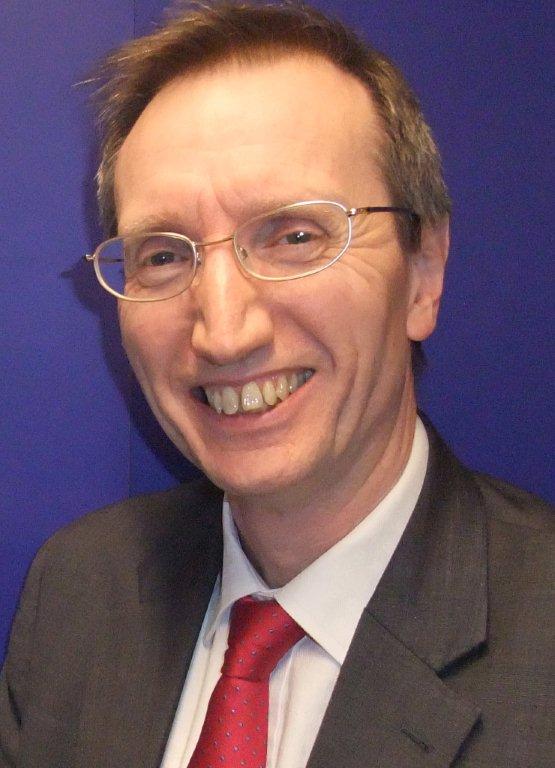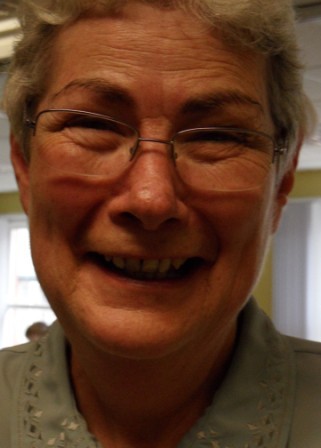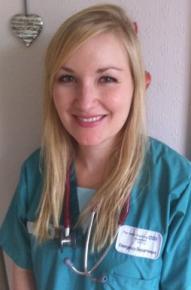Part 1
Mathew Nathaniel is one of the pastors at New Horizons Christian Fellowship (Hemel Hempstead) and lectures on Worship and Justice at WorldShapers the educational arm of the church which is currently transitioning into becoming a Christian College. Hes just about to return to India for a four month sabbatical. During it hell spend time with his family in Tamil Nadu and record an album which will bring together modern western worship music with traditional classical Indian music it will include the first worship song about justice written in Tamil.
Liz caught up with Mat following a Worship and Justice Day he was running to find out about his journey as a Christian and a worship leader; what he has seen about Gods heart for justice and the nations; how his views on worship have changed; and what he wants to see change in the wider church as a result.
I started this journey as an ambitious Indian teenager keen to accomplish things in the field of biotechnology so thats what I studied at Bangalore University. But by the end of my degree I felt there must be more than this. I had grown up in a Christian family my Dad was an Anglican vicar but when I experienced more of a personal relationship with Christ at University my direction started to shift.
I felt God was leading me to use my musical gifting more for him and my pastor played a vital encouraging role in this too. I was passionate in my ministry and although I was living and working in Chennai I felt led to travel to Chittoor my home town which is about 100 miles away every week just to be there for an hour and a half every week to lead young people in praise and worship and to just take care of them.
In the spirit of ecumenicalism, I really wanted to bring the fifty or so churches in Chittoor together. So I prayed and asked God for a strategy of how to do this. This led me to approach the churches with the idea of forming a mass youth choir. Thirty of them responded and we had 115 voices.
We advertised the six monthly concerts across the town and because it was the young people, everyone wanted to come irrespective of their denominational background. There were Baptists, Roman Catholics, Brethren, Charismatics… between four and five thousand people came to these events.
It was a beautiful image all these churches together in one place one voice finding a way to come together.
As a result of these events, people became more open to giving freedom to the Holy Spirit in their churches and the Bishop of our Anglican diocese wrote to everyone saying they could add half an hour of praise and worship into their existing services it was the end of previous restrictions and it was amazing to see.
About this time God started to lay Jeremiah 1:5 on my heart but I was cynical about being a prophet to the nations. I didnt even have a passport! I thought it was just my emotions. I want to seek first the kingdom of God; I want to follow Jesus not seek blessings or status. I react badly to the use of this kind of language I much prefer conditional promises… instead I say let me follow you Jesus and then see your favour or blessing.
But then in 2007 I received a call from my mentor asking me whether I would come to England to study at WorldShapers. I was offered a free education and visa and my parents said yes to me coming. But then there were all sorts of problems with me getting a passport.
I refused to pay a bribe when God was offering so much for free and there was a delay. With these difficulties, I wondered whether it was really right to come. But when my mentor said it might not be a blessing for you, but it will be a blessing for us, I said yes straight away.
During my first year at WorldShapers I started to see many things differently. I was around Christians who were thinking about things, not just accepting what theyre told. It was a real mind-opener and I was introduced to social justice.
But the real turning point came in my summer holidays at the end of the first year. I was back in India and reading Isaiah 58. I became disturbed to the core. I didnt sleep well for three days. Then I called some of my closest friends and asked them what they thought God is trying to say through this passage. I was broken.
I asked them to take me somewhere there where no one wants to go we prayed and then we started driving. My friend Yohan said he knew a place and took me to a leprosy mission centre. We introduced ourselves and explained that we didnt even know why we had come but that we just wanted to.
We spent two hours with the people there, listening to their stories. When we came out I asked my friends, do you have the same joy I have? Something was different I didnt feel disturbed anymore.
I knew what God was saying that he, the God of the broken hearted would choose to come here rather than to my crazy worship event with thousands of people.
I came back to England to study my Masters in worship and found myself at Christian Aids Worship and Justice Workshop. The vicious circle of disturbance began again. I blame Liz! And also Andy Flannagan… his song about ‘We are blessed to bless a world in pieces’ was like nothing Id ever heard before.
My brain was going off like a tuning fork can a song like that even be accepted in the church I was thinking? And what Liz was talking about in terms of a transformation of the heart being needed really stood out.
I went away and wrote my thesis on Worship and Justice. I was asking what are the factors in our churches preventing this being prioritised in our worship, and in our actions?
I spent a lot of time looking at the theology of suffering, but meanwhile people were asking me why did I have to come to the UK to learn about suffering?
Surely I could have learnt about justice in India? But I was always taught the survival of the fittest. The suffering overwhelms us there and can create apathy. Where do you even start in India?
Some parts of the church say suffering is pre-destined; that you should just accept it. But I dont need to determine Gods will if I see a person in need. If they are in need I move into action.
He has given me enough wisdom to simply respond. My thesis encourages believers to yes make their sung worship outward focused, but also to put their faith into action to live it as a lifestyle.
That was why I created a model of doing worship where there is teaching on justice, followed by action, and then a return to sung worship.
Its not the whole story just a flavour of how worship and justice can go together but I was wanting to find a way to communicate the concept expressed in Tim Hughes song, Keep us from just singing, move us into action…. fill us up and send us out. OUT out of these four walls.
Worship is not just about music; and its not just about edification or encouragement either. It cant end there.




